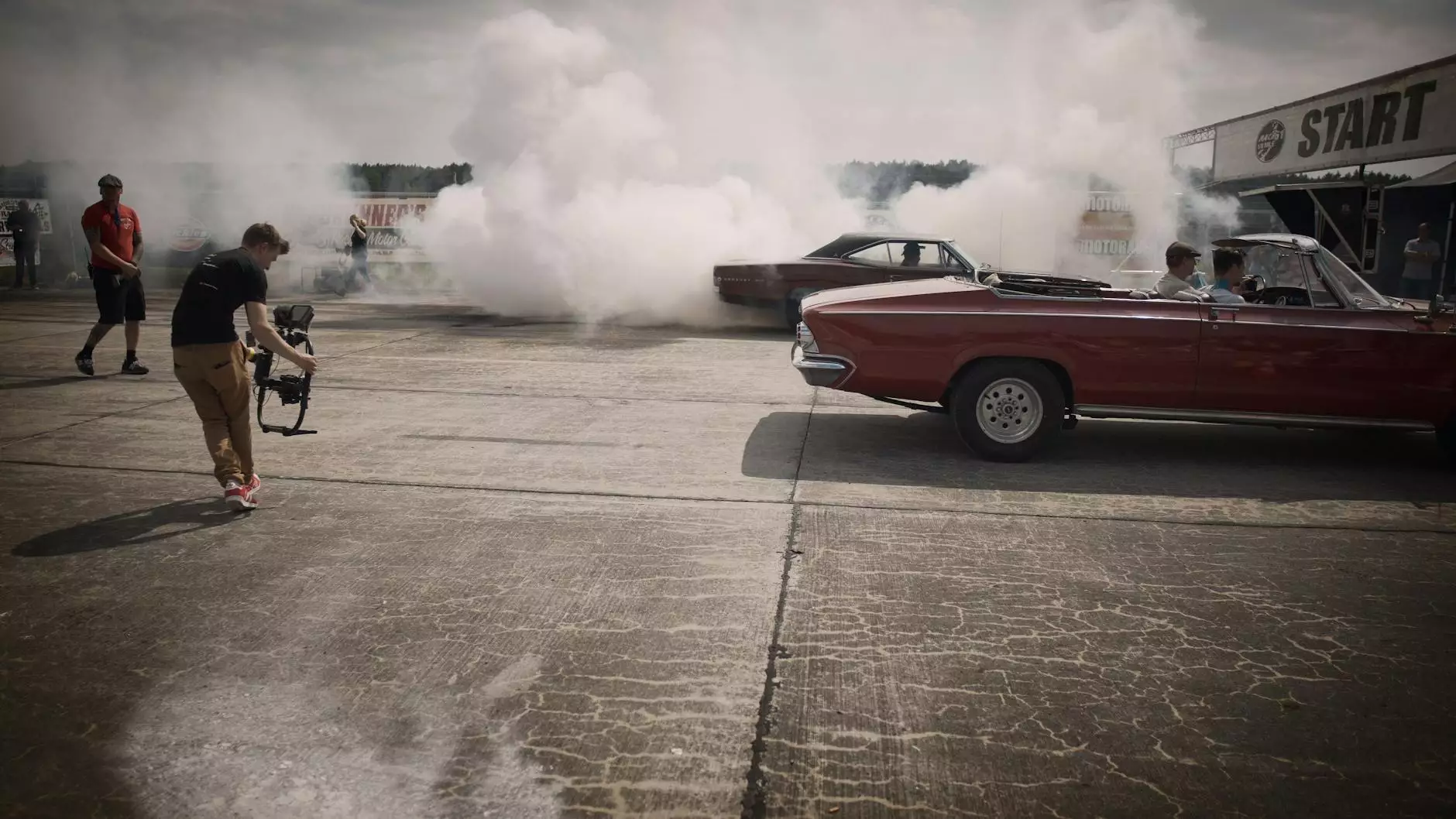Car Safety: Indiana Child Passenger Laws and Recommendations

Introduction
Welcome to the informative page on Car Safety: Indiana Child Passenger Laws and Recommendations, brought to you by the Law Office of Stanley E. Robison, Jr. In this comprehensive guide, we aim to provide you with a detailed understanding of the laws and recommendations regarding child passenger safety in the state of Indiana.
Understanding Indiana Child Passenger Laws
When it comes to ensuring your child's safety while traveling in a vehicle, it is crucial to comply with the child passenger safety laws in Indiana. These laws are specifically designed to protect children and reduce the risk of injuries in case of accidents.
Age and Weight Requirements
Indiana law mandates specific age and weight requirements for child restraint systems:
- Children under the age of 1 and weighing less than 20 pounds must be secured in a rear-facing child safety seat.
- Children aged 1 to 3, weighing between 20 and 40 pounds, must be secured in a child safety seat.
- Children aged 4 to 7, weighing between 30 and 60 pounds, must be secured in a booster seat.
- Children aged 8 to 15 must be secured in either a child safety seat or a seat belt.
Seat Placement and Airbags
Indiana law also emphasizes proper seat placement and use of airbags:
- Children under the age of 12 should always sit in the back seat.
- If the vehicle has only front seats or if the back seat is already occupied by children under 12, a child may sit in the front seat properly restrained.
- If a vehicle has a passenger airbag, it is crucial to ensure that the child is properly restrained, as airbags can pose a risk of injury to children.
Legal Consequences and Penalties
Failure to adhere to Indiana child passenger safety laws can result in legal consequences. Violations may lead to fines, license suspension, or even imprisonment, depending on the severity of the offense and any resulting harm.
Recommended Safety Measures
While adhering to the minimum legal requirements is essential, it is always recommended to go above and beyond to ensure maximum safety for your child. Here are some additional safety measures to consider:
Extended Rear-Facing
Experts recommend keeping children in rear-facing car seats for as long as possible, typically until they reach the seat's maximum height and weight limits. Rear-facing seats provide better protection for a child's head, neck, and spine in the event of a collision.
Proper Seat Installation
It's vital to carefully read and follow the instructions provided by the car seat manufacturer to ensure the seat is correctly installed. If you're unsure about installation, you can consult with a certified child passenger safety technician for assistance.
Regular Seat Inspections
Periodically inspecting your child's car seat and ensuring it meets all safety standards is crucial. Manufacturers may issue recalls or provide updated installation guidelines, so it's essential to stay informed.
Educational Resources and Programs
Take advantage of educational resources and programs offered in your community. These resources often include hands-on instruction, expert advice, and guidance on proper child passenger safety techniques.
Contact the Law Office of Stanley E. Robison, Jr
At the Law Office of Stanley E. Robison, Jr, we understand the paramount importance of child safety in vehicles. Our dedicated legal team is here to assist and provide guidance on matters related to child passenger safety laws in Indiana. Contact us today for expert legal advice tailored to your specific situation.
Conclusion
Protecting our children while driving should be a top priority. Familiarize yourself with Indiana child passenger laws and recommendations to ensure the safety of your child on the road. Remember, complying with the law and implementing additional safety measures can significantly reduce the risk of injuries. For legal advice and support, the Law Office of Stanley E. Robison, Jr is here to help!









